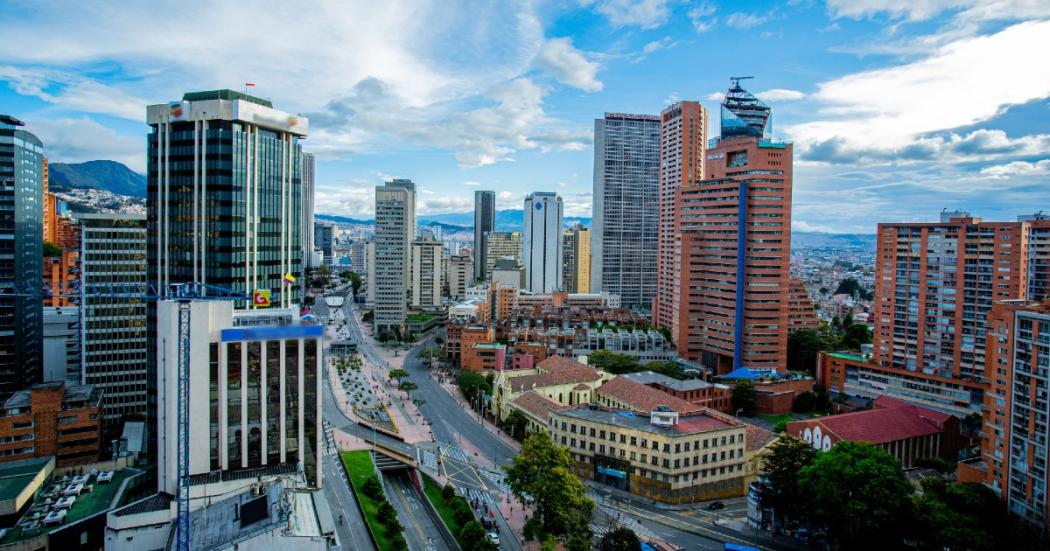The Bogotá we are building, thanks to the efforts of Mayor Claudia López's administration, continues to make a positive impression in different parts of the world. Recently, the Bloomberg Cities Network, an initiative of Bloomberg Philanthropies operating at Johns Hopkins University in the United States, highlighted the city's work to facilitate access to the banking system for more citizens and combat the issue of "gota a gota" loans.
In the article "Bogotá breaks new ground in city innovation (again)" published on the initiative's website, it states that " City leaders are piloting a new program that helps shop owners and street vendors safely access the credit they need to grow their businesses and build wealth. The city’s ambitious approach brings data and digital tools to bear in exciting ways that city leaders around the world can learn from.”
According to the publication, city leaders are working to open up the formal loan system to more residents, with a focus on small businesses and informal workers. "The hope is to enable entrepreneurs to get the loans they need to build their businesses and earn more income, which aligns with Mayor López’s ambitious efforts to reduce poverty and improve quality of life for residents."
Then, they provide a description of the 'Crédito Peso a Peso' program, the pilot program aimed at achieving this financial inclusion, highlighting the two innovations it brings together: "The first is an alternative credit score, based on city-owned data, that banks can use to measure credit risk. While nonprofits, foundations, commercial banks, and others have been working on alternative ways of establishing credit risk it is unusual for city leaders to be the ones leading the charge. The second is a digital interface where borrowers can apply for loans. The idea is to make it as easy as possible for borrowers to access lending that is safe and fair—everything 'gota a gota' loans are not."
The publication highlights that while the Mayor's program focuses on financial inclusion, other cities can learn from this experience by using similar approaches to address issues such as climate change, access problems, and housing inadequacy across different sectors.
"A key lesson is that cities possess data that private-sector partners and others can use to unlock value for residents and help solve public problems," states the article.
The complete article, which can be accessed in English at https://bloombergcities.jhu.edu/news/bogota-breaks-new-ground-city-innovation-again-heres-how, describes the coordination achieved by the city Administration around this program. The Bogotá Public Innovation Laboratory (IBO), Ágata (the city's Data Analytics Agency), the High Counsel for Information Technologies and Communications, and the Secretary for Economic Development have all participated in this effort.







